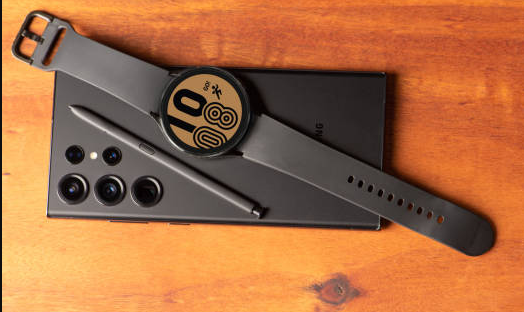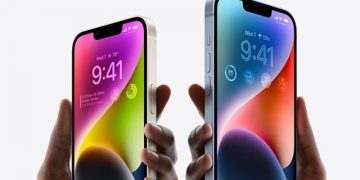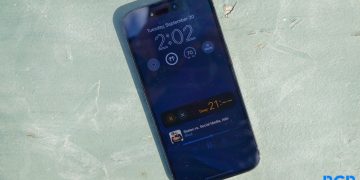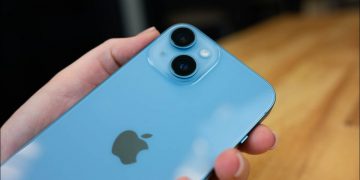At Samsung’s System Unloaded occasion today in Paris, the tech monster declared its new simulated intelligence fueled contributions, including the new Universe Ring intended to gather wearers’ wellbeing information day in and day out and the World Watch Ultra with new BioActive Sensors.
Through Samsung Health, it also announced its Galaxy AI-powered Energy Score, which analyzes sleep metrics and heart rate variability to determine whether individuals should “push their limits” or “take it easy” regarding the body’s functions.
The app offers personalized wellness advice to raise a user’s Energy Score, such as how to get more exercise, sleep better, and lose weight.
Galaxy Ring The first health ring from the tech giant, the Galaxy Ring, provides personalized insights and monitoring around the clock, including analysis of one’s energy score, sleep patterns, cycle tracking, and heart health.
The computer based intelligence controlled Ring incorporates three sensors that action rest, movement and pulse information.
The Ring incorporates a rest computer based intelligence calculation that tracks rest designs, including wheezing investigation, development during endlessly rest inertness. Analyzing skin temperature over the course of the night is used in cycle tracking.
The wearable synchronizes with the Samsung Wellbeing application and cautions a wearer on the off chance that their pulse is surprisingly high or low.
The company’s free app lets users view additional personalized health insights provided by the device.
Titanium makes up the Galaxy Ring battery, which can run for up to seven days on a single charge.
The Ring, which will cost $399, was developed, according to the company, through extensive research and experimentation, to withstand varying temperatures, humidity levels, and hundreds of charge cycles.
Galaxy smartwatches The tech giant also announced its new Galaxy Watch Ultra, which features advanced athletic tracking capabilities, new BioActive Sensors for preventative care, capabilities to obtain more precise health measurements, and an emergency siren.
The Watch’s light-receiving photodiodes have been upgraded, and light-emitting diodes (LEDs) have been added and rearranged within the device as part of the BioActive Sensors. As a result, the Watch has more room and is designed to collect and accurately measure health data.
The sensors make it possible to measure health metrics like blood oxygen levels, quality of sleep, stress levels, and heart rate with greater precision.
Tom Cullimore, Samsung’s account director for smartphone, tablet, wearables, audio, and accessories, stated at the event, “The Samsung Health monitor app provides advanced tracking capabilities, including blood pressure monitoring that is CE marked in the EU and ECG, which has received U.S. FDA clearance.”
“Also, presently it’s the first of its sort to be [De Novo] approved by the U.S. FDA for recognizing indications of rest apnea.”
The new Sensor likewise gives a client’s High level Glycation Finished results (AGEs) File, a bunch of biomarkers that show one’s metabolic wellbeing and natural age, as well as a GPS area tracker controlled by Google.
When compared to the Watch’s predecessor, the company claims that the new BioActive Sensor improves the wearer’s heart rate measurement accuracy by 30%.
The Google Watch Ultra, which runs Wear OS, will start at $649.
Additionally, Samsung unveiled the Galaxy Watch 7, which lacks the Ultra’s advanced athletic tracking capabilities and emergency siren.





























